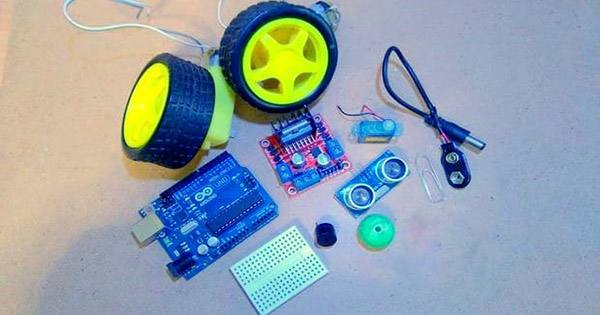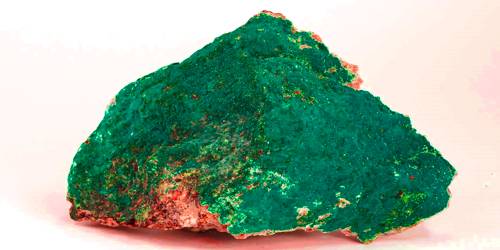We recently spoke with Mark Suster of L.A.-based Upfront Ventures, which raised both an early-stage and a growth-stage fund some years ago and is currently in the market, according to regulatory filings, but Suster couldn’t disclose either because of SEC requirements.
We discussed a variety of topics, including his firm’s major bet on the micro-mobility startup Bird (which could go public soon), his views on decentralized finance, and his workout regimen (we had to ask, as Suster has shed 60 pounds since early last year). You may listen to that conversation here if you’re interested.
In the meantime, here are some of his musings on broader industry issues, such as the frenetic pace of deal-making. I used to be able to write a $3 million, $4 million, or $5 million [check] and call it an A round and that firm would have probably raised a few hundred thousand dollars from angel investors and possibly some seed funds, and I could get a lot of data on how companies were doing. I could converse with customers. I could take a look at client loyalty. I could examine the marginal cost structure of a startup. I could contact the founders’ references. I could take my time and consider my options.
After a decade, $5 million is considered a seed round, and there are now pre-seed rounds, “day zero” firms, seed extensions, rounds, and “A prime,” as well as B… In terms of deploying capital, getting involved with founders early, and helping you establish your executive team, I’m not doing anything differently than I was ten years ago… However, the pressure is now on me to make speedier decisions. I need to get associated with your company sooner rather than later. As a result, I’m taking a bit more of a chance by not being able to look at customers. It’s possible that you won’t have any customers at all.
Any round would never be ruled out by me. But I will tell you that the new A round, which I may be wary about, is in the $20 million to $30 million range. So, what does that mean? It means that you’re paying a valuation of $50 million, $60 million, or $70 million. It means that to truly drive fund-level returns, you’ll need outcomes worth $5 billion, $10 billion, or $15 billion or more.
More of them are being produced over the world. In the United States, there are only about 11 companies worth more than $10 billion that are pure startups. I understand.
If you want to be writing $20 million checks, though, you need a $700 million to an $800 million to a $1 billion fund in a round where you’re assuming that kind of risk. And I don’t want to work in that industry, not because I think it’s awful, but because it requires different abilities.
We want to be really early, like the first capital; we’ll even take a chance on you leaving your company because we’ve known you for a long time. Let’s pretend we knew you at Riot Games, Snapchat, Facebook, or when you worked at Stripe or PayPal. We’ll be there for you from the start – from day one. We’d like to bypass the more expensive rounds and return later.
















